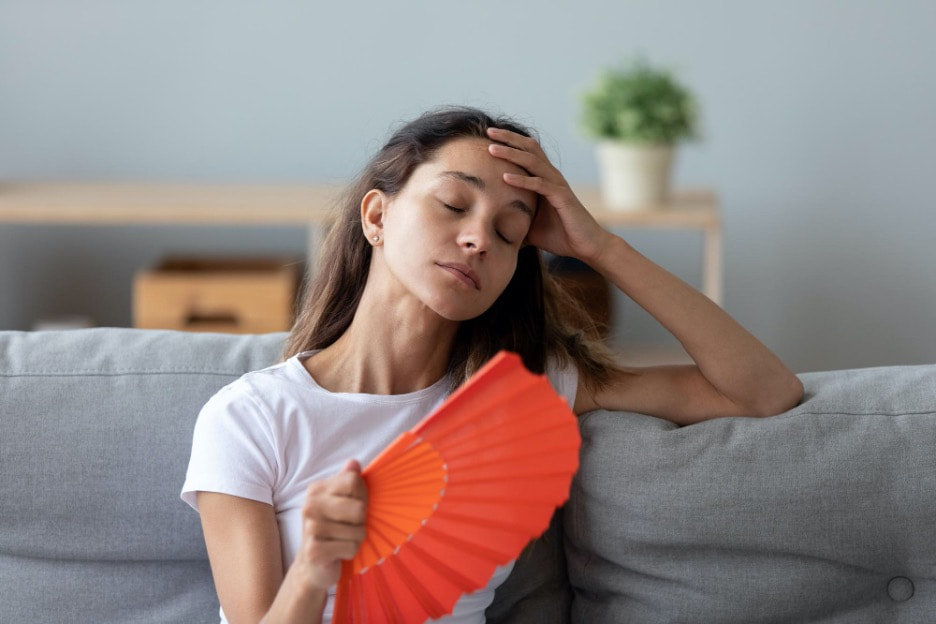|
Thank you to our friends over at Happy Writers Co. for giving us another insightful and very useful blog about keeping cool without A/C during a heat wave. What other methods do you use to keep yourself cool during the summer when your A/C goes out? Let us know! Our hot summer days are quickly moving from mere discomfort to a public safety issue. The world is getting warmer, and U.S. cities are projected to become significantly hotter by 2050. Unfortunately, air conditioners (AC) and even electricity are subject to failure under extreme heat. Following the tips below will help you create a much-needed backup plan versus counting on AC only to keep you cool 24/7 during heatwaves and extreme weather conditions.
Purchase Portable Fans Investing in portable electric and battery-powered fans before heat waves occur is highly recommended. Fans can be used to create a cross breeze when coupled with open windows. If achievable, ceiling fans should also be installed in as many rooms as possible in your home. Turn Off Your Lights Minimizing the use of electricity in your home will help to keep room temperatures low. Turning off lights, refraining from using your stove, and avoiding using anything electric that generates excessive heat will better cool your residence even without AC. Scout Out Cool Spots in Your Hometown Venting your home of heat that builds up and getting outside is a great way to cool off. During extreme heat waves, many local municipalities set up cooling centers for people who may not have working air conditioners. Check your local county’s website for more information on where these centers are located. Anywhere near the water will also be much cooler than your home, so spending the day by a pool, lake, or on the beach will help you stay refreshed during a heatwave. Create an Action Plan Before the Next Heatwave Preparing to deal with extreme heat before it happens is the best way to stay safe during a severe heatwave. Putting together an action plan, checking emergency equipment, and ensuring that your home can withstand excess heat is critical. Installing windows and sunshades that seal your home will help to keep cool air in and hot air outside. Adding or updating insulation will also help your home stay comfortable even if your AC fails. Learn to Identify and Treat Heat-Related Illnesses Knowing what the symptoms of heat illness are enables you to act quickly if you or a loved one experiences them. Heat exhaustion and heat stroke can lead to severe medical conditions and should be taken seriously. Monitoring your own health and the wellbeing of those around you will help to keep loved ones safe during heat waves that are beginning to become more common across the globe.
0 Comments
Leave a Reply. |






